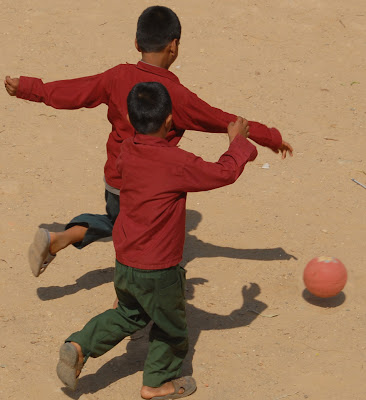
"We have some stories to tell you and some insights on life to share. We hope to be able to cross paths and help and inspire each other."
dedicated to celebrating the different shades of mind
 Life is confusing even for us who are considered 'normal' and can think and function on our own. So no wonder it is a big puzzle for those who do not have the intelligence other people their age have. And it gets harder for them when they are not treated with affection and the care that they require and instead are looked upon as a burden to the family and society.
Life is confusing even for us who are considered 'normal' and can think and function on our own. So no wonder it is a big puzzle for those who do not have the intelligence other people their age have. And it gets harder for them when they are not treated with affection and the care that they require and instead are looked upon as a burden to the family and society.
 to make given the lack of funds and support from government, but it was an important one. Hence the center was registered as a non-government organization committed to help improve the life standards of mentally challenged children by the only teacher in the program then, Ms. Muna Silwal and some parents of the children.
to make given the lack of funds and support from government, but it was an important one. Hence the center was registered as a non-government organization committed to help improve the life standards of mentally challenged children by the only teacher in the program then, Ms. Muna Silwal and some parents of the children. ss we have had with some these children is proof to this. Most of the children before coming to us were made to live in unthinkable conditions. Some were even tied along with the cattles, where they ate hay, just as the animals did. Part of this was due to the ignorance on the side of the parents, while some of it was due to the poor economic condition where they could not afford anything better. Those children before coming to us had no sense of being human beings at all. And seeing them now, befriending each other and learning new skills everyday, our faith in their ability to learn and grow strengthens everyday.
ss we have had with some these children is proof to this. Most of the children before coming to us were made to live in unthinkable conditions. Some were even tied along with the cattles, where they ate hay, just as the animals did. Part of this was due to the ignorance on the side of the parents, while some of it was due to the poor economic condition where they could not afford anything better. Those children before coming to us had no sense of being human beings at all. And seeing them now, befriending each other and learning new skills everyday, our faith in their ability to learn and grow strengthens everyday.